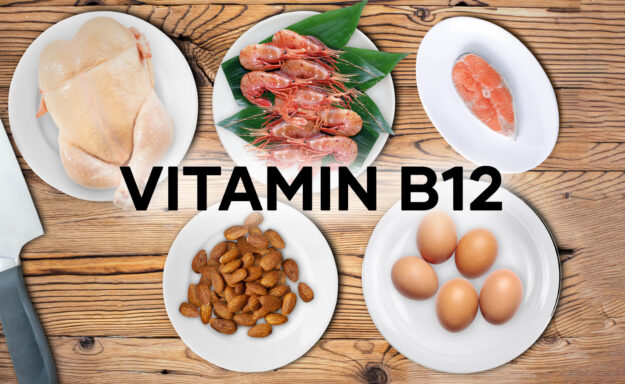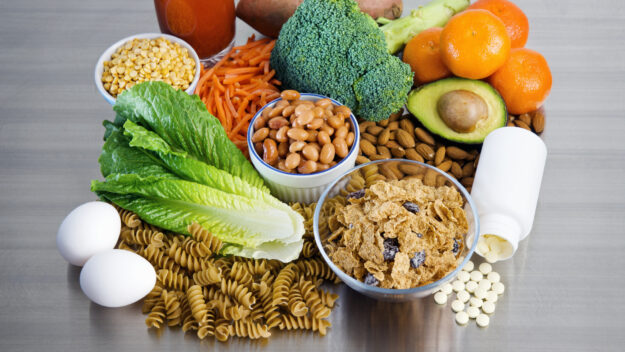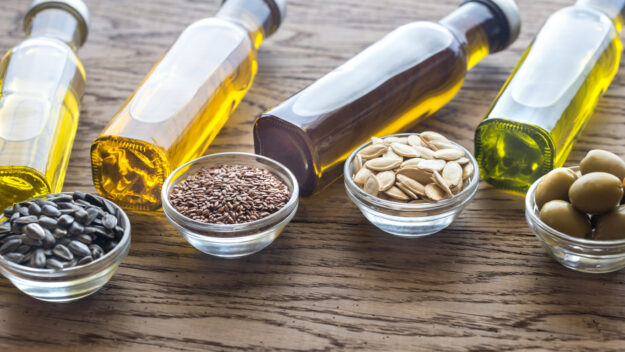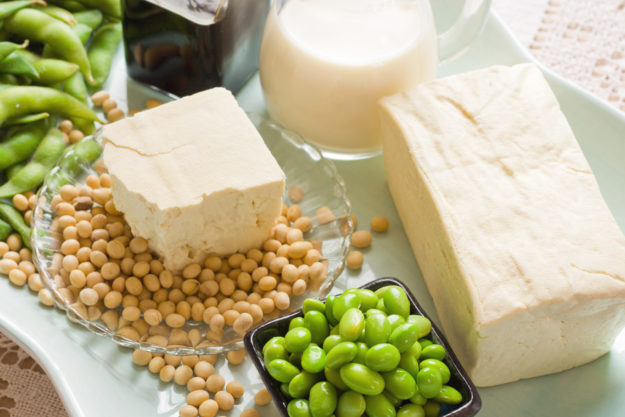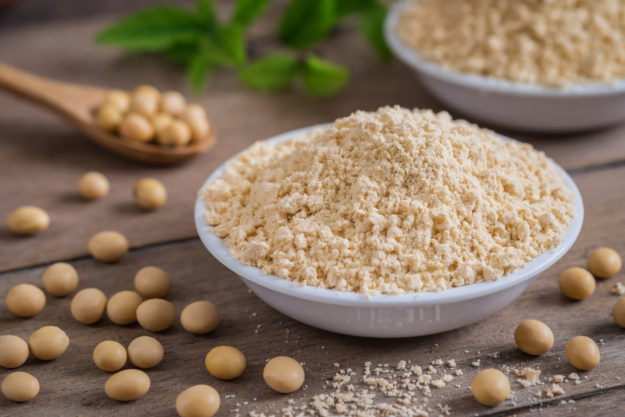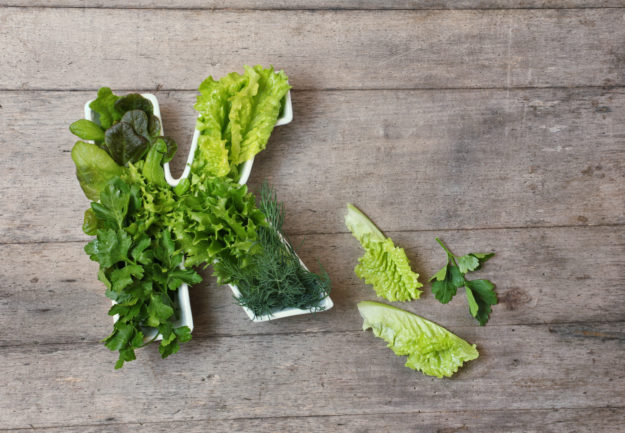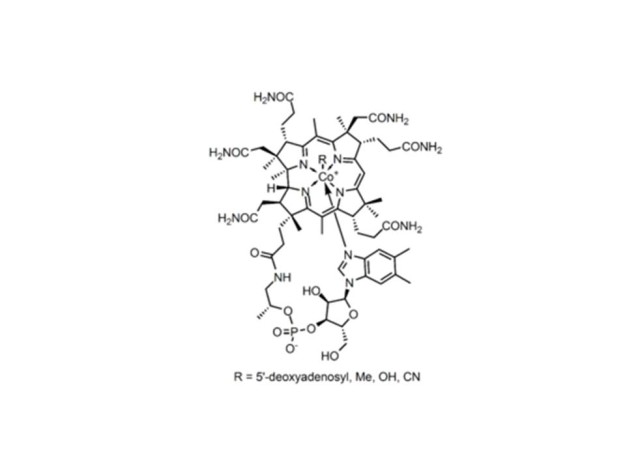The Power of Vitamin B12: A Vital Nutrient for Health and Energy
The Power of Vitamin B12: A Vital Nutrient for Health and Energy Vitamin B12 is a water-soluble vitamin that the body needs for various tasks ranging from red blood cell production and DNA synthesis to proper nerve function [1]. A high homocysteine level (15 umol/L) suggests vitamin B12 deficiency [2]. An elevated homocysteine level is…

